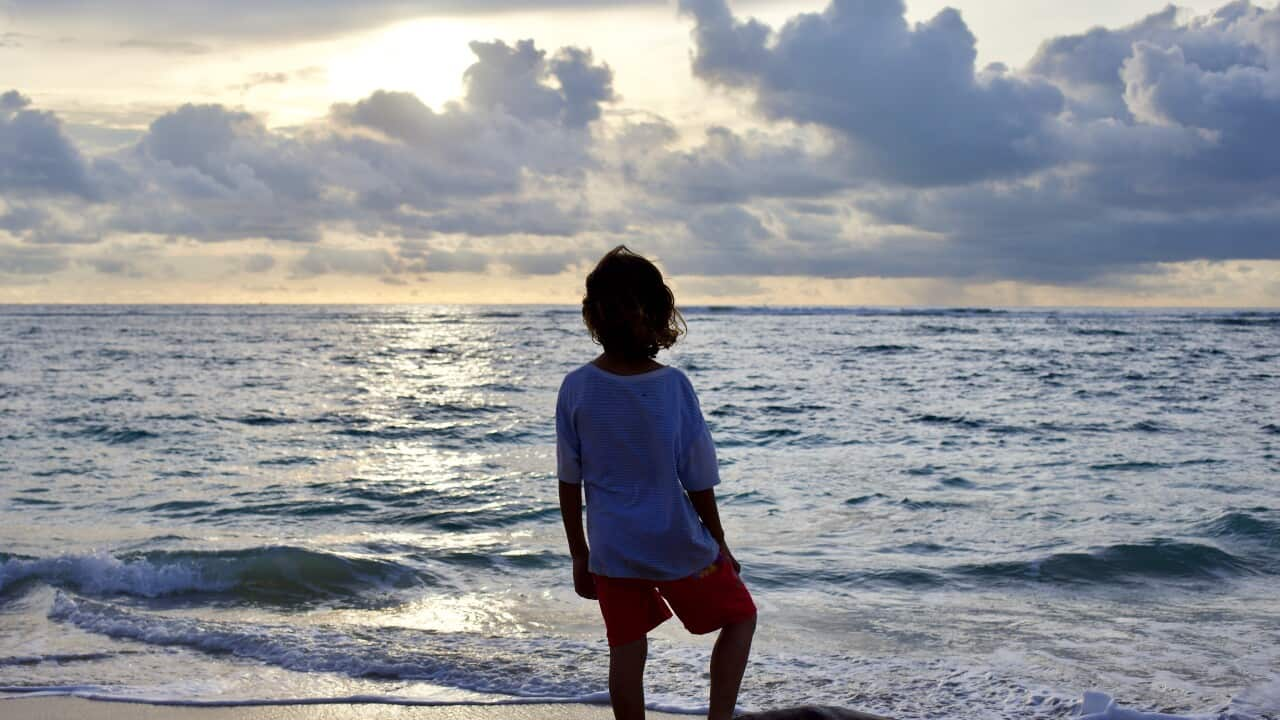Mr. Prigozhin said his Wagner force alone had lost 20,000 men during the war in Ukraine, half of whom had been recruited from prisons. Those convict fighters represent 20 percent of the total number of imprisoned convicts who joined the fighting force.
A State Department spokesman, Mark Miller, said that the United States considered Mr. Prigozhin’s number a significant undercount of his losses. Even so, it is significantly higher than the Russian Armed Forces’ losses that the Kremlin has acknowledged. While American estimates range significantly higher, the Russian government has admitted only the deaths of 6,000 soldiers — statistics last publicly shared in September.
Mr. Prigozhin’s comments in the interview came after an incursion into Russia’s Belgorod region by Ukraine-aligned militants. The fighters, ethnic Russians who seek Ukraine’s victory, apparently used U.S.-made armored vehicles, and instigated the fiercest fighting on Russian soil since the war started 15 months ago.
Mr. Prigozhin said Ukraine had “one of the strongest armies in the world” and added that the violence at the border reflected poor leadership at the highest level of Russian military. He has often singled out Defense Minister Sergei K. Shoigu as the object of his ire, and in the interview, Mr. Prigozhin defined his personal credo as, “I love my motherland, I serve Putin, Shoigu should be judged and we will fight on.”
In brief remarks during a meeting with colleagues on Wednesday, Mr. Shoigu offered no reaction to Mr. Prigozhin’s comments and maintained that Russia would “respond promptly and extremely harshly” to any further incursions by “Ukrainian militants.”
Many analysts and other observers marvel at Mr. Prigozhin’s regular diatribes against Russia’s elite in a society that is strictly controlled, and especially his targeted criticisms of Mr. Shoigu.
“He is playing a very dangerous game,” one wealthy Moscow-based businessman said of Mr. Prigozhin in an interview with The New York Times in late March, asking for anonymity to discuss a prominent Kremlin-connected individual. “If he doesn’t stop, he will wind up like Aleksei Navalny.” Mr. Navalny, Russia’s most prominent opposition politician, is now in poor health in a penal colony.







